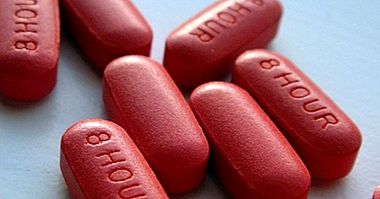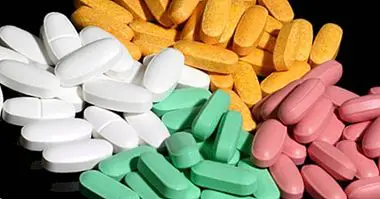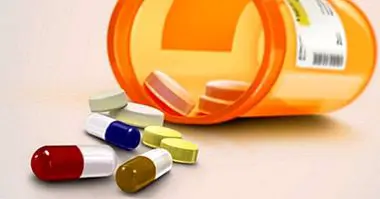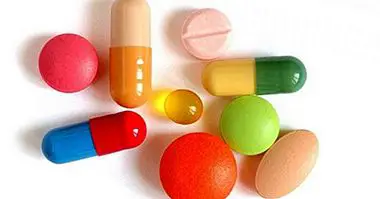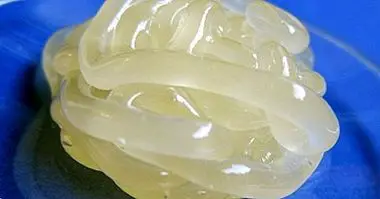A drug to eliminate bad memories
In 2013, an ambitious research project promoted by the University of Basel, with the collaboration of several universities, apparently served to find the chemical compounds that regulate the expression of memories . In addition, it allowed to verify how certain molecules administered through drugs affect the organism through a reduction of unpleasant memories. The article with the conclusions was published in the journal PNAS.
A drug to eliminate bad memories: is this possible?
The drug is part of the group of antihistamines and was chosen because it acts on a type of receptor neurons whose creation involves a gene related to the maintenance of traumatic memories. The effects of the drug, called diphenhydramine, were tested in a double-blind study with a group that was once given this substance and another that took a placebo.
As expected, people who had used the antihistamine showed a tendency to remember less unpleasant images to those who had been exposed only 5 minutes ago. And all this, 3 hours after taking a single dose. In addition, the drug did not produce effects in the recovery of memories associated with a neutral or positive emotional tone.
Promising conclusions
This research used as a basis from which to formulate hypotheses genetic mechanisms that regulate the expression of memories. Thus, based on the knowledge we have about the information encoded in human DNA, the researchers were able to determine which chemical compounds present in the body should act on drugs related to the recovery of memories.
Thus, a filter process was applied by discarding a group of 20 genes that eventually became reduced to 9 after having gone through different revisions according to various criteria, and then it was verified which of the 9 genes is more related to the traumatic memories of 349 survivors of genocide . This gene was the one that receives the label HRH1 and intervenes in the creation of receivers of Histamine H1, hence an antihistamine was chosen for pharmacological treatment.
The researchers maintain that knowing this is a great advance, since it serves to demonstrate how knowledge about the genetic basis of the human being can be used to select drugs and predict their effects.
A debate beyond science
Beyond the scientific debate, there is always the debate about whether it is appropriate to reduce the trace left by bad memories in us. Some people, such as those suffering from Posttraumatic Stress Disorder, may find this type of resources useful, but it is surely perverse to make drugs reach the last corner of our lives that can not be directly associated with happiness. Bad memories, in addition to being difficult to isolate through the use of a single label, can be part of the lessons we internalize through friction with the real world and, therefore, it is easy to find them useful.
Therefore, determining to what extent the use of these pills is practical is a process subject to constant debate. We hope that we are able to reach a decision freely, apart from the large pharmaceutical corporations that have interests at stake.
Bibliographic references:
- Papassotiropoulos, A. Gehrards, C., Heck, A. Ackermann, S., Aerni, A., Schicktanz, N. et al. (2013). Human-genome-guided identification of memory-modulating drugs. PNAS, 110 (46), pp. E4369-E4374.


